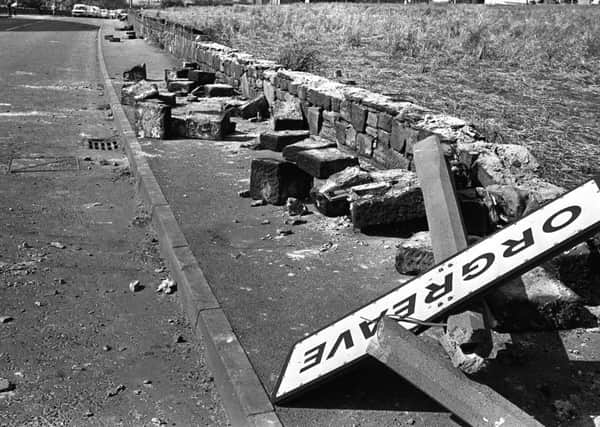YP Comment: Orgreave '“ the fight will go on. Home Secretary must think again


Quite the opposite. Unless Ms Rudd sees sense, and enables the decisions taken at the time by South Yorkshire Police’s leaders, and influence of Margaret Thatcher’s government, to be properly scrutinised, existing constables – many of whom were not even born when these troubling events took place in 1984 – will struggle to win back the lost confidence of the law-abiding public following the confluence of a succession of scandals.
In a supposed era of openness, it is extraordinary that Ms Rudd should say that she has studied the “evidence” and personally concluded that nothing would be gained by holding an inquiry – a decision she apparently reached after consulting her predecessor Theresa May, the current Prime Minister, and who led the Orgreave campaigners to believe that there would be some form of disclosure.
Advertisement
Hide AdAdvertisement
Hide AdOf course, the Government’s scepticism about historic inquiries is understandable – Ms Rudd’s tenureship of the Home Office has been overshadowed by countless resignations from the high-profile child abuse investigation. It is also accepted that today’s policing protocols, and safeguards to uphold the public interest, are very different to the practices which were commonplace decades ago. And it also goes without saying that it would have been virtually impossible to piece together every single clash between police, miners and flying pickets on June 18, 1984.
Yet Ms Rudd’s contempt for campaigners, and her political opponents, was truly breathtaking. If this was any other police force, her obstinacy might – just – be understandable. However Orgreave centres around a crisis-hit constabulary which is facing calls from Tory MPs for it to be disbanded because it is perceived to be rotten from the core, and the Minister pointedly refused to accept the invitation from a senior Conservative backbencher for a select committee inquiry. Perhaps, with the benefit of hindsight, she will reconsider.
Just because the Home Secretary says there are “very few lessons for the policing system today to be learned from any review” does not justify her arrogant intransigence – not only did the prosecution of 95 defendants collapse because of the unreliability of police evidence but those officers who did their best in difficult circumstances also have a right to their maligned reputations being exonerated. And then there is the influence exerted by the Thatcher government during the Miners’ Strike. As well as the Orgreave and Hillsborough links, this newspaper has also published memos personally signed by Mrs Thatcher. What other correspondence was there?
Unless the Government thinks again – and Mrs May’s reaction at PMQs tomorrow is awaited with particular interest – questions about cover-ups will not go away. They will continue to intensify and Amber Rudd will struggle to command the confidence of all those who expected better from this Government.